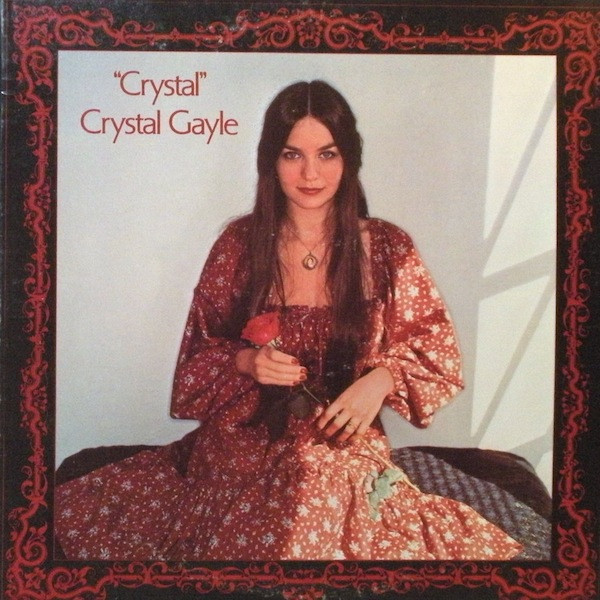A type name is an eponym that comes from a given name that is used frequently by a generalized group of people. The most popular one at the moment is a Karen, used to describe a middle aged entitled woman. Most type names fade and lose their associations but some of them have stuck around. They evolved into words we still use today. Here are a couple that come from men’s given names or nicknames.
Hick – One of the many medieval short forms of Richard in England
was Hick or Hikke. Often the leading R would get changed to an “H” as in Hob
for Robert or Hodge for Rodger. Richard was a very popular name and Hick came
to be used as a general name for any hosteler (innkeeper) or hackneyman (hires
out coaches or horses). By the 1700 it had become a name that describes an
awkward provincial person, and then by 1900 was being used as an adjective, as
in “hick town” for a rural town.
Rube – After the Protestant Reformation in England, Old
Testament names started to become popular as an alternative to New Testament
and Saint names which were perceived to be too Catholic. Reuben was popular and
was shortened to Reub or Rube. By 1804 it was being used as a type name to refer
to a farmer, rustic or country bumpkin.
Zany – The Venetian diminutive of Giovanni (the Italian form
of John) was Zanni and was used as the name of a buffoon character in comedic
plays. The Zanni would mimic the actions of the principal in an exaggerated way. It
was also used as the name of any unnamed character that wasn’t one of the main comedic
characters. It was basically the Italian version of Jack. One of Zanni’s other
traits was carrying around the props of the other characters, so another more
archaic meaning for a zany is a toady or servile follower. This is probably
closer to the meaning Shakespeare meant in the play Love’s Labour’s Lost.
Jacket - In medieval France, Jacques was used as a type name
for a French peasant, from the French form of the Greek Iocubus, the same root
as the English Jacob and James. Jaques or Jakke was then used to describe a
type of tunic that was short and quilted for defense. The word existed in England
in the 14th century and jacket is likely a diminutive of this to
describe a short coat with sleeves for men by mid 15th century.
Yankee – In the 17th century there were a lot of Dutch
colonists in New Amsterdam (now New York) and they referred to those rotten
Englishmen over in Connecticut as Yankees, possibly from Janke or Janneke, the
diminutive of Jan, the Dutch version of John. Or it was the English who were
using it to refer to those lazy Dutch colonists. Either way it has been used derogatively
and reclaimed a couple times, notably in the song Yankee Doodle, written by the
English to make fun of the Americans during the American Revolutionary War, and
adopted by Connecticut as the state’s official song.
Jockey – Jock is the Scottish variant of the name John, and
the diminutive Jockey was used to refer to any person or fellow in the 16th
century, like Johnny. It then became used to refer to a person who rides horses
in races by the mid 17th century. The verb ‘to jockey’ which means
to trick, outwit or gain advantage comes from the related profession of horse
trading. A jock, an athletic man, comes from the word jockstrap, “athletic support”,
but jock in this sense is used as slang for penis, like the English “dick”.
There is a whole list of words that stem from the name Jack
being used as a type name, but those are clearly connected to the name and less
obscure. Others which were also used as type names before they were used for
tools are billie (club) and jimmy (pry). I made a list of Words from Women's Type Names as well.
Source: etymonline.com








